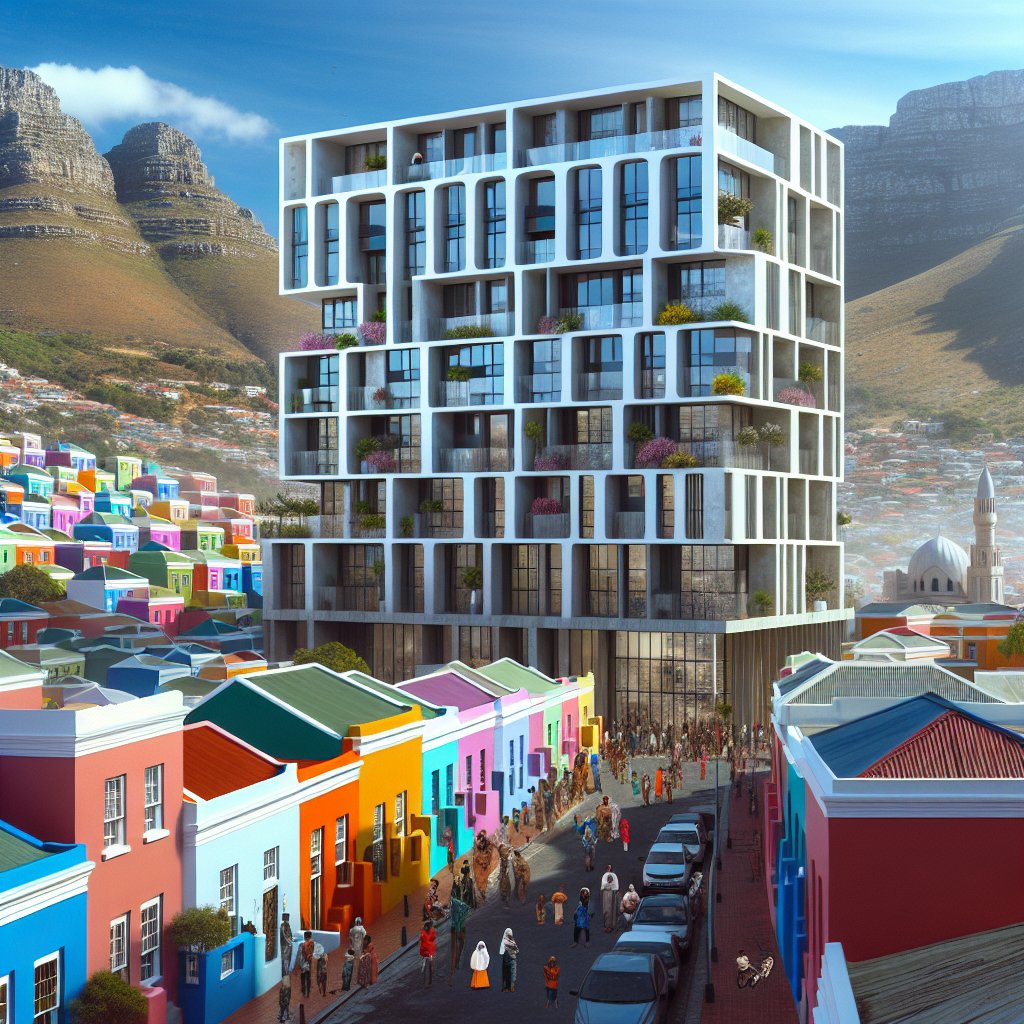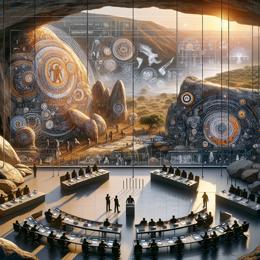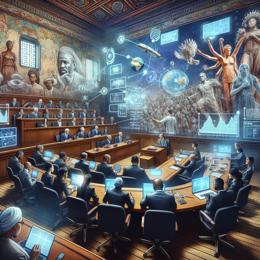Image created by AI
Heritage vs. Development: Bo-Kaap Residents Challenge New Building Proposal
A six-storey mixed-use development in the heart of Cape Town’s culturally significant Bo-Kaap has sparked significant pushback from the community. Residents fear the proposed hotel and restaurant will damage the soul of the neighborhood, famously adorned with brightly colored homes and rich in Islamic heritage. Most worrying is the new development’s proximity to the Auwal Mosque, standing as South Africa’s time-honored first mosque.
In response to the Municipal Planning Tribunal's approval of the controversial development on Buitengracht Street, the Bo-Kaap Civic and Ratepayers Association (BKCRA) has voiced its intent to appeal. The BKCRA's position is one fundamentally shaped by the preservation of an area that, they argue, is about far more than its physical representation; it encapsulates centuries of history and cultural vibrancy.
The community demands that progress must not overshadow the inherent cultural value of their neighborhood. BKCRA chairperson, Osman Shaboodien, questions the wisdom and sensitivity behind the development, advocating for buildings that are appropriate to the area's aesthetics and historical importance. The original design, reduced from eight to six stories, suggests some willingness to negotiate. Yet the finalized approach still falls short of satisfying the community's reservations.
Physical degradation of Bo-Kaap's unique architecture and infrastructure, like their narrow streets and cobblestones, has been a side effect of development historically. This fuels the BKCRA’s concerns, as they emphasize the need to prevent any further erosion of their cherished streetscape.
Echoing this sentiment, residents like Shireen Sampson highlight the invasion of privacy and the incongruence of such a structure amidst their traditional homes. There’s a message that arises from these testimonials — advancement is welcome but not at the expense of community values and heritage preservation.
Arguments against the development have faced counterclaims from authorities and the property investor involved. Cape Town's deputy mayor, Eddie Andrews, and Flyt Property Investment argue that due process has been observed, including adherence to the Heritage Protection Overlay Zone (HPOZ) guidelines. The developer also points to a perceived oversight by critics, ignoring other developments within the HPOZ that they deem similar to their project.
This ongoing discord in Bo-Kaap highlights the friction between the imperatives of urban development and the subjective interpretation of heritage conservation policies. With the BKCRA firmly against the commencement of construction, the fate of this embattled project hangs in the balance, and the importance of marrying community needs with respect for historical integrity has seldom been clearer in Cape Town's contemporary urban narrative.










